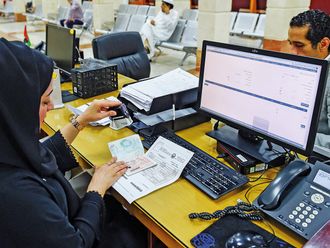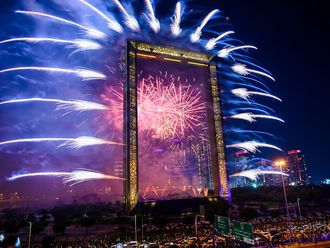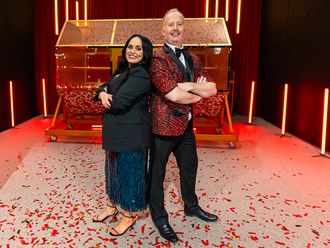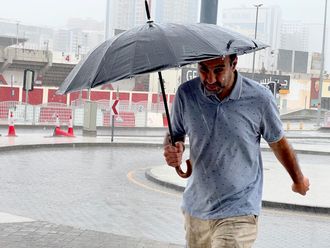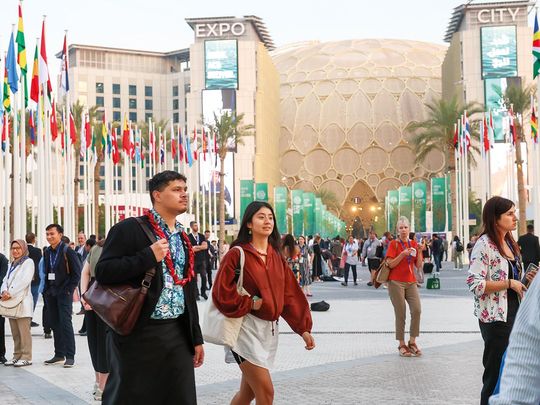
Dubai: Growing up in my Indian household, I unknowingly lived by the principles of a circular economy. Plastic containers from food deliveries became vessels for sharing meals with friends and family. Worn-out clothes found new life as cleaning rags, and old newspapers served as makeshift dining table placemats.
Every drop of water used to wash vegetables and reused tea leaves was repurposed for watering plants. Even milk bottles weren’t thrown out. My mother, resourceful as ever, turned them into plant watering cans by adding tiny holes to the caps. Vegetable scraps were transformed into natural fertilisers for her modest garden.
Being kind to animals was a non-negotiable, and leaving lights on or taking wasteful long drives was a big no-no to conserve energy and fuel. My mother’s mantra was clear, “What you take from nature, you must give back. Being wasteful is criminal.”
After spending 12 days at COP28, the world’s largest climate conference, I realised that climate action starts at home. Initially overwhelmed by terms like the 1.5-degree goal, NetZero, and loss of biodiversity, I found solace in the simplicity echoed by the speakers at COP28 – the planet comes first.
Walking into COP28 felt like entering a global brainstorm session, where sleeves were rolled up, and passion for climate action was palpable. It was a diverse gathering of minds, each contributing a unique flavour to the buffet of solutions for climate change. From tech innovators unveiling groundbreaking inventions to everyday heroes championing grassroots movements, the variety was mind-boggling.
But what indeed left an impression were the people. The crowd was teeming with interesting, fired-up individuals – scientists, policymakers, world leaders, activists, and entrepreneurs.
I discovered a hero in King Abdullah II bin Al-Hussein of Jordan. His impassioned speech during the national statements at the conference shed light on the profound impact of climate change on displaced communities and refugees escaping conflict, opening my eyes to the gravity of the situation.
COP28 was more than just discussions; it was about forging connections and finding common ground. Amidst the diverse stories from the Himalayas to the Amazon, a collective understanding emerged – we’re all in this together, and unity is our most potent weapon.
COP28 wasn’t just a conference but a bustling community of change-makers rewriting our future. Immersed in the energy and commitment, I couldn’t help but believe that maybe, just maybe, we have a shot at turning the tide.







